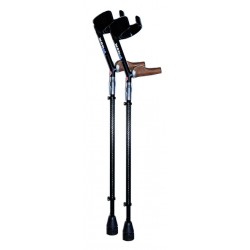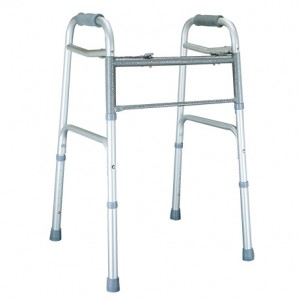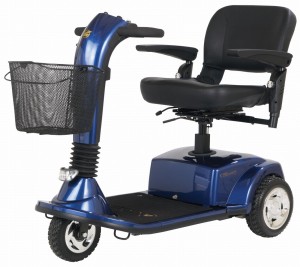As a veteran of three knee surgeries, I can look back at having them with no regrets.
Fifteen years later my knees are pain free, the arthritis that they said I should be wary of has never arrived, and I am fully functional.
As a result, I used to be fairly laissez-faire about the idea of having surgery.
It worked for me and I also heard many success stories from others.
But isn’t there always a but? Over the years, doing the work I do, I have come into contact with many people and their stories of having surgery with less than stellar results.
One of those stories hits particularly close to home. My mother’s quality of life took a nose dive some twenty years ago when she went into the hospital for a spinal fusion surgery.
After suffering through eighteen months of pain she was assured that a spinal fusion that wedded two joints together to eliminate movement between them would alleviate her suffering.
Post-surgery, she never truly recovered. I believe that the doctor must have nicked a nerve during the procedure because, after the surgery and rehab, her walk was never the same again.
She went in with back pain and came out with a very different set of problems.
Soon after the surgery, it was apparent that something was wrong.
At first, my mother was able to fake it a bit with the way she walked but her abductor muscles on the outer leg began to atrophy.
It took a while but my mother developed a trendelenburg gait as there was no muscular support provided by these all-important muscles.
To my mother’s credit, she tried everything imaginable to regain strength and improve her gait. But if the nerves were not communicating with the muscles there wasn’t much chance of recovery.
She managed for a few years making effective use of a yoga block between her thighs but eventually, she gave way to using walking sticks, then a walker and finally, she has been relegated to a wheelchair and electric scooter.
This shift from an incredibly active lifestyle to one that was increasingly sedentary has had profound consequences on more than her hips.
It seems clear to me that her brain has not fared well due to the lack of movement.
A woman who was once sharp as a tack is increasingly confused and cloudy.
It has been a long gradual decline but shocking in its scope.
I will mention (though this is actually the subject of a future post) that three years ago she had one of her hips replaced going under general anesthetic at the age of eighty.
I believe that she has never fully recovered from that experience as well, and that is another factor that has led me to radically reassess my views on surgery of any sort.
To reiterate what I said at the top, I don’t regret the surgeries that I had and plenty of people are put into situations where surgery is absolutely unavoidable.
But, and it is a huge but, if there is any way to avoid a recommend surgery, think long and hard about strategies for a different kind of recovery.
***



